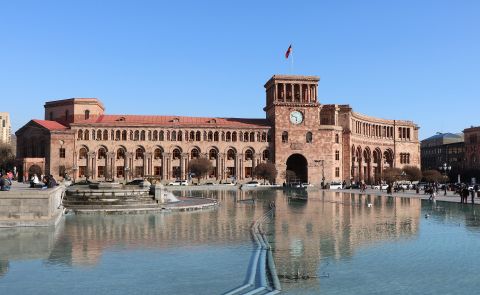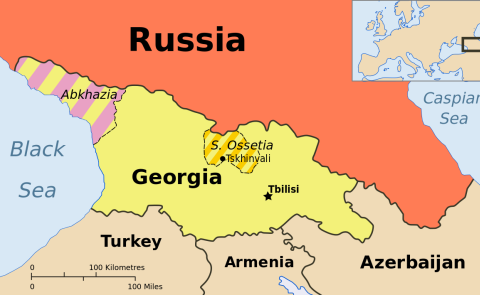
Dagestan Officials and Religious Leaders Discuss Temporary Niqab Ban
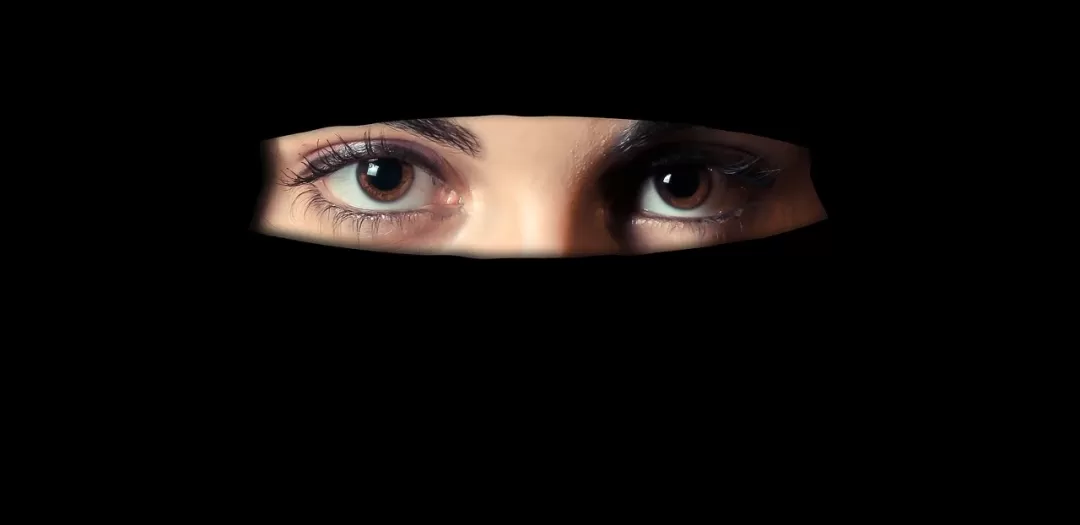
During a meeting with representatives of civil society institutions in Makhachkala on July 1, Dagestan Mufti Akhmed Abdulayev announced that a fatwa banning the niqab would be issued soon. "If you want your wife not to be seen, then keep her at home," the mufti stated.
Earlier, Dalgat Daudov, one of the militants eliminated on June 23 during a counterterrorist operation in Dagestan, had planned to escape disguised in a niqab.
By the end of July 2024, the Coordination Center of Muslims of the North Caucasus plans to consider banning the niqab in the regions of the North Caucasus Federal District. The decision is made for security purposes and to eliminate factors that impede its provision, as wearing the niqab is not a tradition of the Caucasian people, according to Sharia.
On July 2, the Fatwa Department of the Dagestan Muftiate opposed the proposed ban suggested by Ahmed Abdulaev, the Mufti of Dagestan. "After a thorough analysis of Sharia texts within the framework of the four madhhabs, the RD Fatwa Department does not see sufficient grounds for a general ban on the niqab," the department commented. They noted disagreement among scholars of the four madhhabs regarding the necessity of wearing the niqab. "Some scholars believe that wearing the niqab is mandatory, others consider it only desirable, and some even regard it as undesirable. These rulings apply if there is no risk of temptation. Otherwise, covering the face is mandatory by unanimous agreement of the scholars," the comment stated. Considering the concerns of government representatives regarding the safety of the republic’s population, the RD Mufti examined the issue of issuing a fatwa banning the niqab in the republic and instructed the Fatwa Department to study the matter in detail. "After a thorough analysis of Sharia texts within the four madhhabs, the RD Fatwa Department does not see sufficient grounds for a general ban on the niqab. However, it should be noted that in certain situations, for safety reasons, a local ban on wearing the niqab may be introduced, as the safety of society is of paramount importance in Islam. However, this ban should be dictated solely by external factors and be temporary in nature. There are numerous examples of such practices in Islam," Dagestani theologians stated. Deputy Mufti Abdullah Salimov provided clarification regarding the department's decision. He noted that it is not final. "Everyone was eagerly awaiting the fatwa, and this anticipation led to an inattentive reading of the published text. Judging by the headlines of some publications, they did not fully grasp the essence of the last publication about the fatwa. I want to note that in the future, the Fatwa Department will provide examples of cases where the niqab ban is prescribed in Sharia. Based on this information, the final decision of the RD Muftiate on the local ban on wearing the niqab will be made," Salimov stated.
Sergey Melikov, the head of Dagestan, announced that by mid-August, he plans to hold a council meeting under the head of interethnic and interfaith relations to discuss a new work system in these areas. "I will be waiting for proposals on working with children. It is very important today that everyone does their job—the teacher should teach a particular science, the coach should pass on their skills and educate. These people should not act as theologians and instill certain thoughts in the child’s mind. Protecting children from such influence is one of the most important tasks," Melikov stated. He also called on municipal leaders to pay attention to religious institutions operating in their territories. "Are they legal, do they operate transparently, how do the madrasahs at these mosques work? Are different dark personalities trying to get into the minds of our children, turning them against their fellow countrymen? Our clergy also support this approach," the head of the republic noted. According to Melikov, there is no mass radicalism in Dagestan, "but there are individual manifestations of it." "I hope our conversation will be open, honest, constructive, and beneficial for Dagestan. It’s not enough to draw conclusions; we need effective mechanisms to prevent any manifestations of what we encountered on June 23," Melikov added.
See Also


Georgian Bishop Accuses Government Official of Plotting Assassination; Opposition Leader Alleges Husband’s Abduction
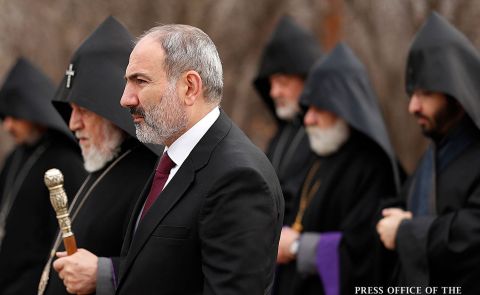
Armenian Government and Church Face Growing Tensions Over Leadership Allegations
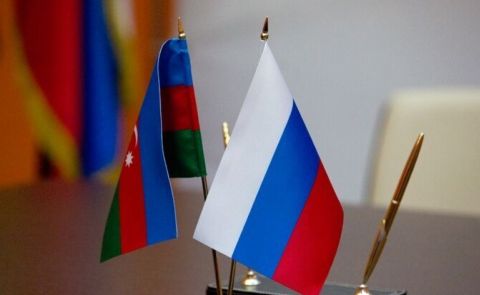
Tensions Rise Between Russia and Azerbaijan Over Medinsky’s Ukraine Conflict and Karabakh Remarks
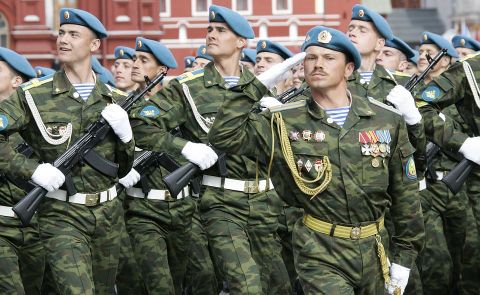
Chechen Official Outlines Conscription Rules for Russia-Ukraine War
